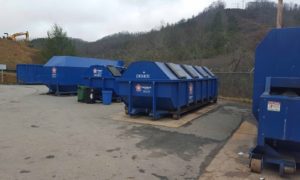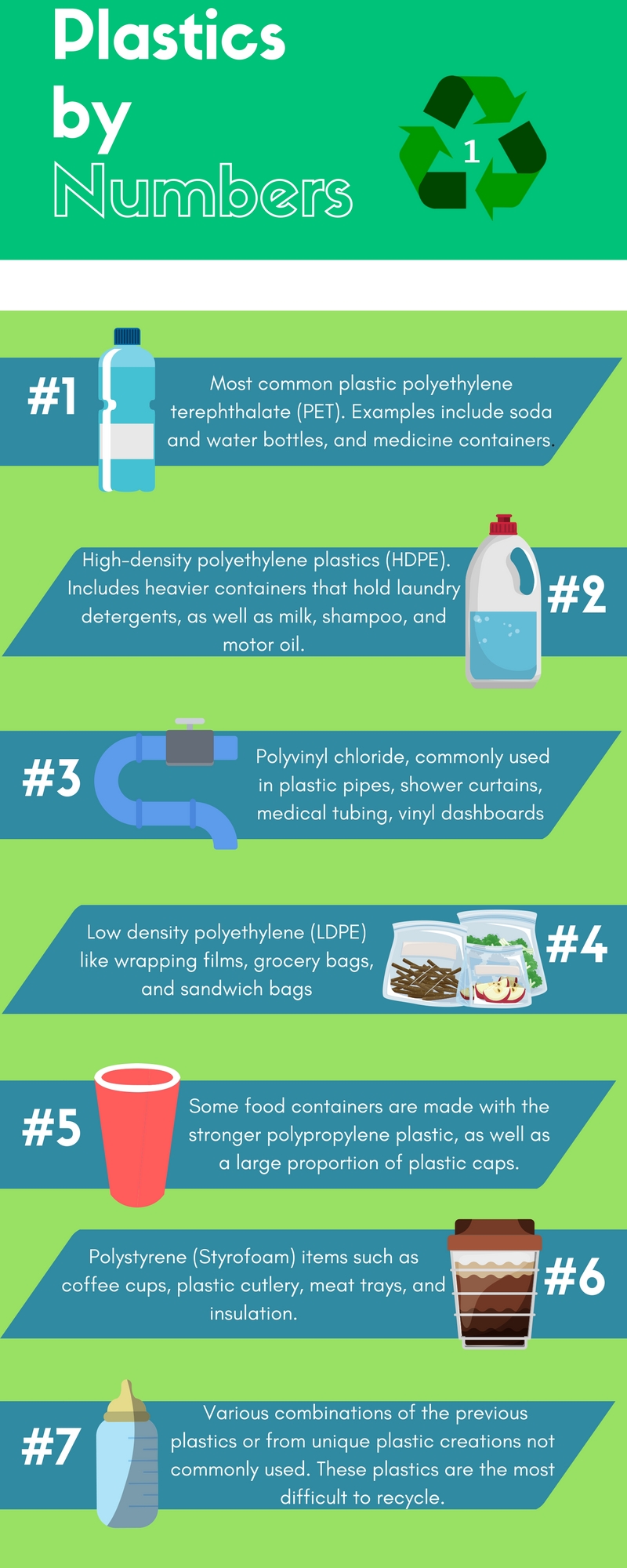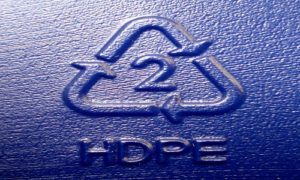This story was co-written with Jessica Wooten.
Every year, according to a 2015 study, North Carolinians throw away 23.6 billion pounds of trash. That is enough trash to circle the earth twice.
It isn’t spite that makes NC residents throw away their recyclables, but ignorance. Ipsos, a market research company, performed a study in 2011 during which they surveyed over 1,000 U.S. residents on why they are or aren’t recycling. In the study, 87 percent of the citizens reported that they recycle, though 57 percent said they don’t recycle daily. The most common reason why people didn’t recycled was because they either didn’t have a recycling center close to them or they didn’t know where it was. Another large reason was because they didn’t understand what is recyclable and what isn’t.

Cullowhee recycling center
Photo by Rachel Plouse
According to Lauren Bishop, Chief Sustainability Officer and Director of Sustainability and Energy Management at WCU, it’s all about awareness and making sure the public is knowledgeable about the basics of recycling. By becoming more aware of what is recyclable and how to recycle locally, Americans can reduce the amount of waste that winds up in landfills.
Recycling things like plastic bottles and paper have grown in popularity over the past several years. Director of the Jackson County Transfer Station, Chad Parker, says that the amount of bottles, cans and paper recycled have increased since the transfer station opened in 2003.
“In our first year, July 2003 to June 2004, nearly 1274 tons of paper and 363 tons of bottles and cans were recycled. This past year, July 2015 to June 2016, paper weighed in around 1,431 tons and bottles and cans weighed in at 772 tons,” Parker explained.
He is expecting to see even higher numbers this year . Parker is planning to create a video on recycling in Jackson County of what and how to recycle and the process after materials get dropped off.
“Our goal is always to try to find ways to improve when it comes to recycling. Hopefully, if there are people who don’t currently recycle, they will be encouraged to give it a shot,” said Parker.
Even though numbers are increasing, many people still don’t know how many things around their home are actually recyclable. It’s become an automatic response to recycle paper and glass, but no one thinks about the cereal boxes, peanut butter jars and plastic bags that are also recyclable.
In Jackson County, there are nine recycling centers that take many different types of items to be recycled including antifreeze, commercial waste, containers, electronics, fiber, household bulky, residential waste, waste oil, white goods, and yard waste. For a full description for each of these categories, click here.
One of the most misunderstood recyclables is plastic. Plastic is numbered one through seven in the infographic below, and each type of plastic is made from different types of materials, making each type recyclable in different ways.

Jackson County accepts number one, two, four, five and seven plastics for recycling. To find out what type of plastic an object is, look for a recycling symbol with a number inside on the packaging. The number indicates what type of plastic the item is.
In order to recycle plastics, the items should be rinsed out and sorted into the correct bins at each center. Plastic bags can be recycled at grocery stores such as Walmart or Ingles.
It’s not only plastic that gets underrepresented in the recycling world, so is mixed paper. Mixed paper can include anything from 12 pack soda boxes to junk mail. All paper can be compiled and disposed of in the same container at a local recycling center.

HDPE Symbol on Plastic. Photo from HealthandBody.org
According to Steve Ogle, Assistant Director of Public Works in Jackson County, the biggest problem that he sees is the “neglect of the public to look for the recyclable symbol on materials that can be recyclable.”
Parker said that a reason people may shy away from recycling certain things is because they think it all ends up in the trash.
“We want people to know that when it goes into our containers to recycle, it gets recycled. A lot of times people think their recyclables go into the trash when it’s all said and done. We keep it separated and it goes to the recycling plant.”
Recycling is a key part of helping the environment. Recycling reduces the amount of waste sent to landfills, conserves natural resources, prevents pollution, saves energy, reduces greenhouse gasses and helps create well-paying jobs.
Per a study that was done by the EPA, in 2013, Americans generated about 254 million tons of trash and only recycled and composted about 87 million tons of that waste.
Jackson County small businesses have started to do their part in making a cleaner environment.

Ingles recycling bin is the Sylva Ingles
Photo by Rachel Plouse
Jeannette Evans, owner of Mad Batter in Sylva, makes sure the restaurant recycles all they can.
“We recycle cardboard, paper, glass, and plastic. We even give our scraps to a local farmer for their hogs.”
According to City Lights Cafe employee Katie Osborne, the Sylva small cafe and bookstore tries to keep as environmentally friendly as possible.
“We recycle everything, from the water cups used to glass bottles and to-go boxes. To recycle, we take everything to the Jackson County Transfer Station,” she said.
Below is a map of all the recycling centers in Jackson County and what types of recyclables are accepted at each center
If you have questions about whether or not something is recyclable or where to take your recyclables, please contact the Jackson County Center for Solid Waste Recycling.
This story has been updated to correct the spelling of Jeannette Evans’ name.


